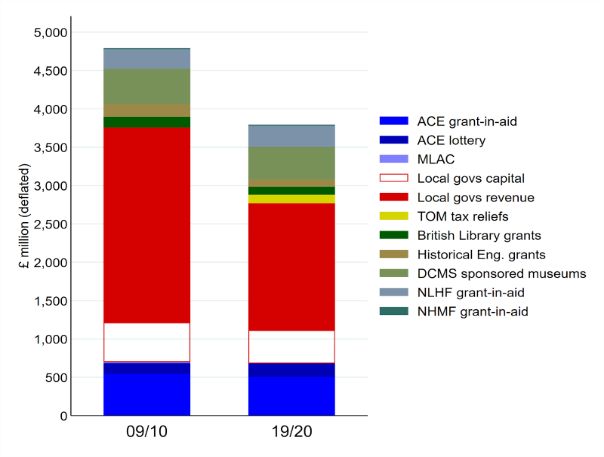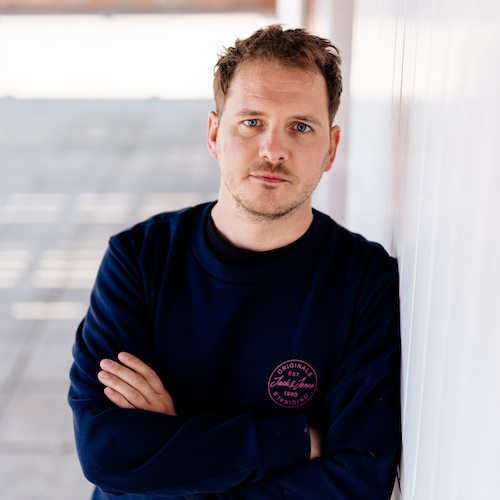As we reveal our new show, Baby, He Loves You, audience development manager Jamie Potter writes about the challenge of making tickets affordable

Baby, He Loves You. Artwork by Jemma Klein.
Affordability and accessibility are central to our ethos as a company, but it’s becoming harder and harder to reconcile those values with the economic reality of making theatre in the current climate.
In the same week that The Stage reported on the “devastating” financial pressure facing some theatres, we were racking our brains trying to work out how to keep ticket prices affordable for Baby, He Loves You, our new show by Hull writer, Maureen Lennon.
No matter how hard we tried, we simply couldn’t get ticket prices down to a low enough figure we could consider affordable, that would also cover our costs.
How did theatre get here?
Thanks to generous annual funding from Arts Council England and Hull City Council, alongside project-specific funding from such partners as Wykeland, J F Brignall Charitable Trust, Garfield Weston and the Sir James Reckitt Charity, we are able to create extraordinary theatre in our home city.
However, this funding, which is crucial to a charity like Middle Child, doesn’t – and never has – covered the full cost of creating a show, even during a period of successful fundraising, as we have enjoyed over the past couple of years.
When it comes to staging a new play then, we often have a box office income target that we must reach to break even. Baby, He Loves You is no different.
The issue that we are facing – and pretty much everybody else in subsidised theatre – is that the subsidy part of this equation is being stretched to breaking point.

Cuts to public arts funding since 2009/10 are detrimental to the increasing costs of making work: of paying writers to create something new; of rightfully paying actors, designers and stage managers properly for their work; of the raw materials that go into set, props and costume; of accommodation and travel for people working on the show.
With few other funding routes to explore, that means the cost, inevitably, is passed onto audiences. You can also imagine what this means for commercial theatre, without a subsidy to depend upon, but that’s not a world I know, so I can’t speak of it.
Pay What You Decide (sort of)
What this means for Baby, He Loves You is that we must charge more for a ticket than we would like, but we’re going to do so in a way that is a) transparent, hence this blog post and b) gives you, our audience, more of a say.
We’re going to offer a single, standard ticket, with no concessions, but the option for people to choose how much they pay per ticket, from £15 up to £100. This model isn’t especially novel in theatre, but it is new to Middle Child.
Our recommended price is £20, which would best help us to cover the costs of the show. This is a sum Middle Child would typically wince at and is just above what we charge for a standard ticket to our panto. But it is a fee that, we have worked out, will help us to offer £15 tickets to those who can’t afford to pay more.
Saying that, we know that £15 is unaffordable for many people.
I’m not going to sit here and say that such a price is accessible, especially in a city like Hull. It’s simply not. Even if there are many people who are able and happy to pay that much, as our recent Hull audience survey suggests, digging into the detail we see that people who have never attended our work before are less likely to come if they consider a ticket too expensive.
What I can say though is that £15 is the lowest possible price we can sell tickets for given our production costs. Even if we sell out every single ticket at this price, we will fall just shy of our income target, but at a loss of a few hundred pounds that we can absorb.
There is, however, no guarantee that we will sell all of those tickets, so any lower than £15 per ticket and the show simply wouldn’t be viable. This is also why we cannot offer tickets on a genuine Pay What You Decide basis: when we do this model, the mean average ticket price is typically between £5-10.
Pay extra, pay it forward
That’s why we’re giving people the option to pay more if they can afford it.
Every person who chooses to pay £20 or above will make it possible for us to offer tickets at £15. We’ve even gone as far as £100 per ticket, for those who can and wish to pay it forward to others.
We will also reserve a small handful of tickets each night for those who simply cannot afford £15 a ticket. We hope to raise additional funds to offer these for free to people who contact us. Failing that, we will make them available for £5 each. If you would like to subsidise these particular tickets, at a cost of £900, please get in touch.
It’s hard, really hard, making theatre at the moment. Aside from making the case for reversing funding cuts, the financial situation is one that is out of our hands. Something Middle Child can do is continue to ensure Hull audiences can access high-quality work, keep prices as low as possible and be honest about why they’re not as affordable as we’d like them to be.
If this strikes a chord with other theatre makers or audiences, or anybody else in-between, we’d love to hear from you. We know that this issue is affecting different people and organisations differently and not everybody can respond in a similar way.
Baby, He Loves You is an incredible piece of writing and our creative vision for the show, which includes performing in a wedding marquee in an open-air amphitheatre, has excited the whole team. We look forward to sharing it with you.
Read on if you would like to know how much a show like Baby, He Loves You costs to produce.
How much it costs
The precise cost to Middle Child of producing Baby, He Loves You is £89,571.04.
This includes but is not limited to: paying the writer a fee; hiring performers and stage managers for four weeks of rehearsals and two weeks of performances, alongside previous research and development days and readings with performers; paying members of the creative team a fee, such as designers, choreographer and BSL interpreter; the cost of hiring a marquee and equipping it with sound and lights, alongside security costs; marketing costs, for print and digital materials, including photography, video and design work.
This doesn’t include the salaries of the Middle Child staff who work on the show – and have done so since it was commissioned in 2020 – including the artistic director, senior producer, production manager, literary manager, finance manager and myself, nor does it include the rent and energy and utility bills for use of our rehearsal space.
After accounting for our various funding contributions from the likes of ACE and Hull City Council, we are left with a net* box office income target of £19,500 in order to break even.
In other words, you could say:
- Cost of Baby, He Loves You: £89,571.04
- Cost to Middle Child: £70,071.04
- Cost to you: £20, which is 0.0002% of the total cost
*After the deduction of box office administration and bank charges, which we absorb into the ticket price.
How to support Middle Child
Here are some of the ways you can support our work to change who gets to make and enjoy theatre in Hull:
- Buy a ticket, from 21 February
- Join our pay what you can supporters scheme, Middle Child Mates
- Tell your friends and family – word of mouth is by far and away our most effective marketing tactic, but it’s the one thing that we can’t do ourselves
- Fund our work – contact senior producer Sarah Penney if you would like to discuss opportunities

Fresh Ink: Our response to the crisis in new writing
Middle Child artistic director, Paul Smith, writes about Fresh Ink, our new playwriting festival coming to Hull in summer 2024.

Why we’re adopting the four-day week
Artistic director, Paul Smith, writes about our move to a four-day week, from piloting compressed hours to reducing hours with no loss of pay

Hi. Once again, the arts are in crisis. It all sounds so depressing & makes me wonder if there is any future for the entertainment ‘industry’, & the arts in general. I’m an ex-art student, ex-art tutor, retired, but continue as a musician/entertainer performing a few gigs each year. I could not survive, were I reliant on paid gigs, as fees (if indeed there are any) are more or less the same as they were back in the 1980s (when I used to gig in London). As an example, I’m performing at a Sci-Fi festival in Gt. Yarmouth, Norfolk, next month. My fee only just covers the accomodation, but not all the petrol. So, myself & my partner look upon it as a sort of a ‘short break’ holiday. The hours of rehearsal, making stage props & writing my own material is never fully covered by any fee. I suppose I do it for the love of it, & hoping that the audience, if indeed there is an audience, enjoy it & go away feeling entertained. My ‘job’, such that it is, is then done.
It is so sad to hear of Middle Child’s situation, & it seems that a majority of other companies are in exactly the same boat. Only by campaigning for ‘realistic funding’ can any of this be resolved – but is anyone listening?
I wish you all the very best of luck with this production, & here’s hoping for the future.
Best wishes, Graham